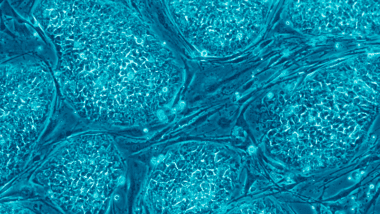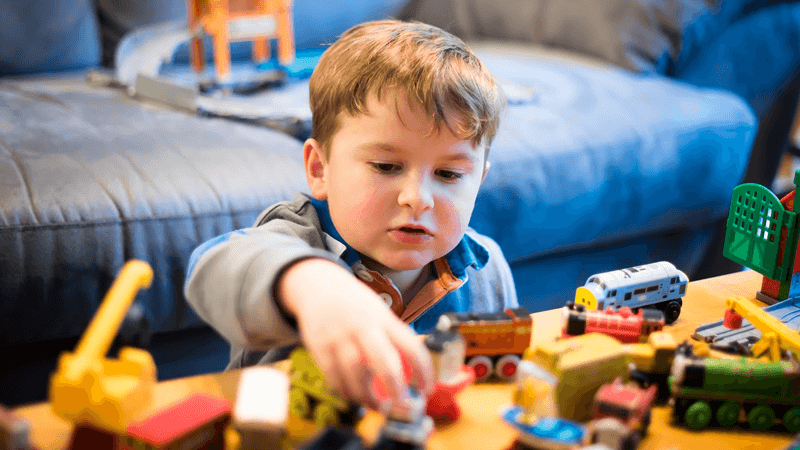A baby born with a failing heart is now a “happy growing little boy” after a world-first operation using ethical stem cells from donated placentas.
Baby Finley was born with the main arteries in his heart in the wrong positions. After surgery failed to correct it at four days old, he relied on drugs for weeks to keep his heart beating before Professor Massimo Caputo injected him with stem cells from a placenta bank.
The cells, which do not require the destruction of embryos, have the ability to grow into tissue which will not be rejected by Finley’s body. Now two years old, he has been discharged from intensive care and weaned off medication and ventilation.
‘Every possible chance’
Mum Melissa Hudd said: “We nearly lost Finley when he was just two months old. Doctors called us into a room and told us they’d done everything they could. That’s when Massimo came to find us and explained there was one option left – to inject stem cells into the left side of Finley’s heart.
“He warned us that he couldn’t predict what the outcome would be. But we had absolutely nothing to lose. We had to try and give Finley every possible chance to live. Within two weeks of the stem cell treatment we noticed a change in Finley. I believe, if it wasn’t for the stem cell treatment, then Finley wouldn’t be here with us today.”
Approximately 13 babies are diagnosed with a congenital heart condition every day in Britain, but because the artificial tissue normally used for repairs is not completely biological, multiple operations are required as the child grows.
Professor Caputo hopes that the ethical stem cell plasters will only require a single operation, and wants to proceed with a clinical trial within two years.
‘Great potential’
In 2008, a Bill which aimed to promote research into new treatments using ethical stem cells from umbilical cord blood was not given parliamentary time to progress.
Instead, the Government pushed through the Human Fertilisation and Embryology Act 2008 which opened the door for the creation of embryos that are part-animal and part-human.
In an interview with The Christian Institute, former MP David Burrowes, who tabled the Umbilical Cord Blood (Donation) Bill in 2008, welcomed Finley’s story as a clear example of how ethical stem cells can be used from placentas which are usually discarded.
He highlighted that the method is “based on such good ethics and indeed we see good scientific outcomes when it leads to the life of little Finley. So it’s wonderful, it’s a great good news story at Christmas but it also has such great potential” for further investment and research.
Embryos
Last year, the body representing worldwide stem cell research jettisoned long standing protections which banned research on human embryos beyond 14 days after fertilisation.
Guidelines released by the International Society for Stem Cell Research (ISSCR) no longer specify an upper time limit for experimentation on embryos where “scientific objectives” can be justified, “broad public support” is achieved and local regulations permit it.
In the UK, the 1990 Human Fertilisation and Embryology Act allows experimentation on human embryos of up to 14 days’ development for limited research purposes, but calls for this limit to be extended have been made by some researchers.

Ethical stem cells deliver dramatic cure for ‘bubble boy’ disease
‘She’s given me back my life’, teen thanks adult stem cell donor
Scientist plans to create ‘mini-me’ embryos for harvesting organs

